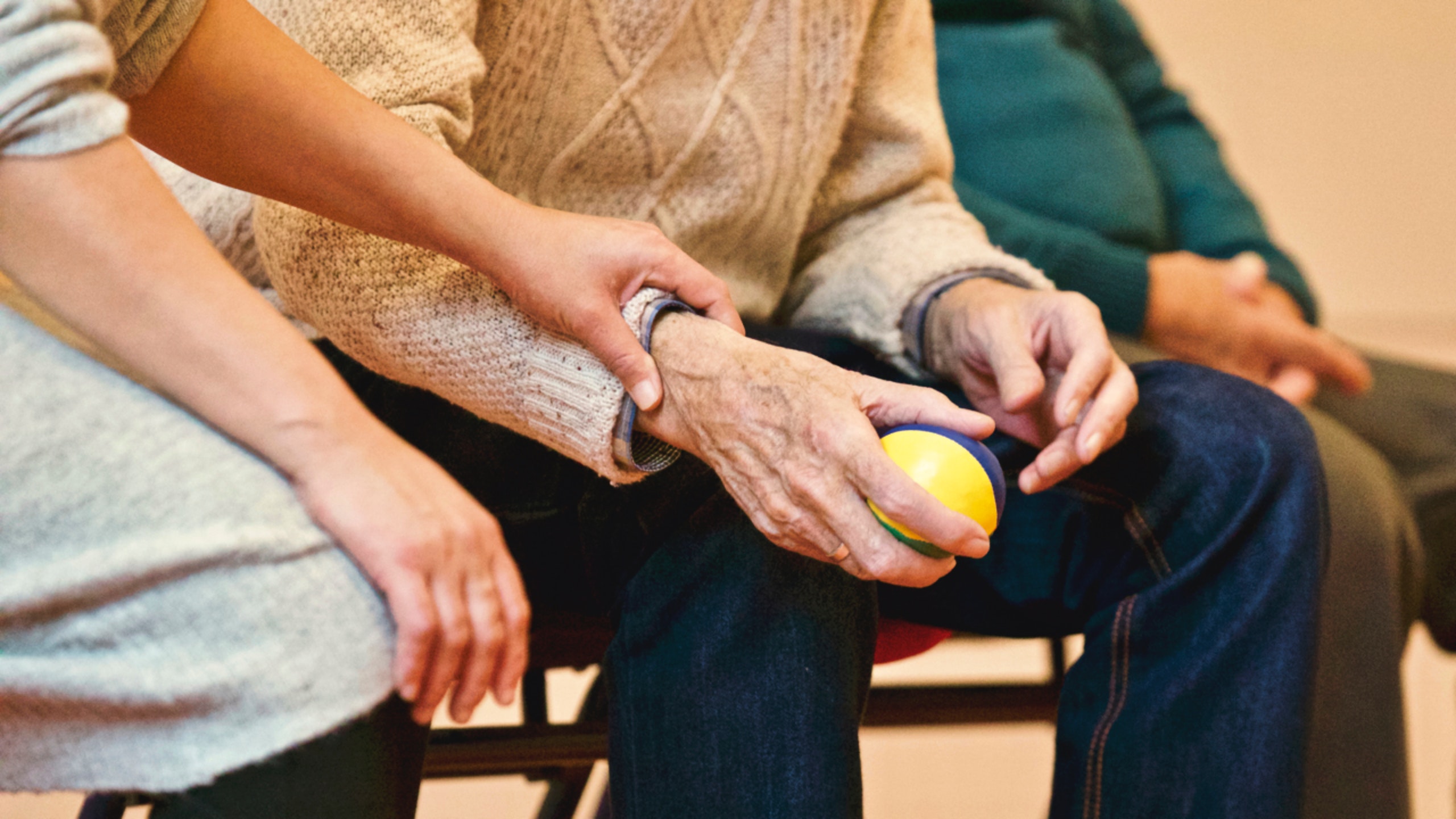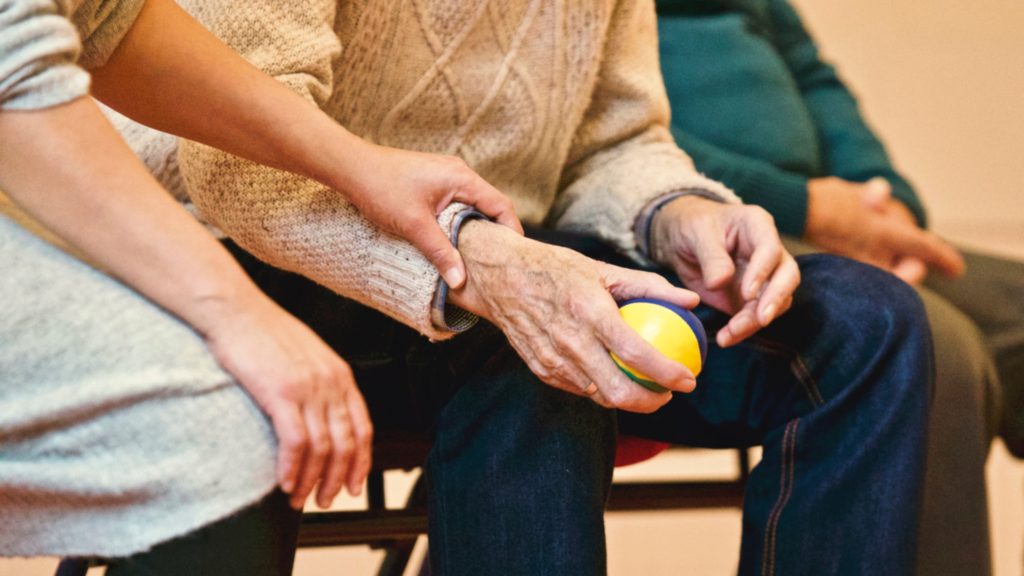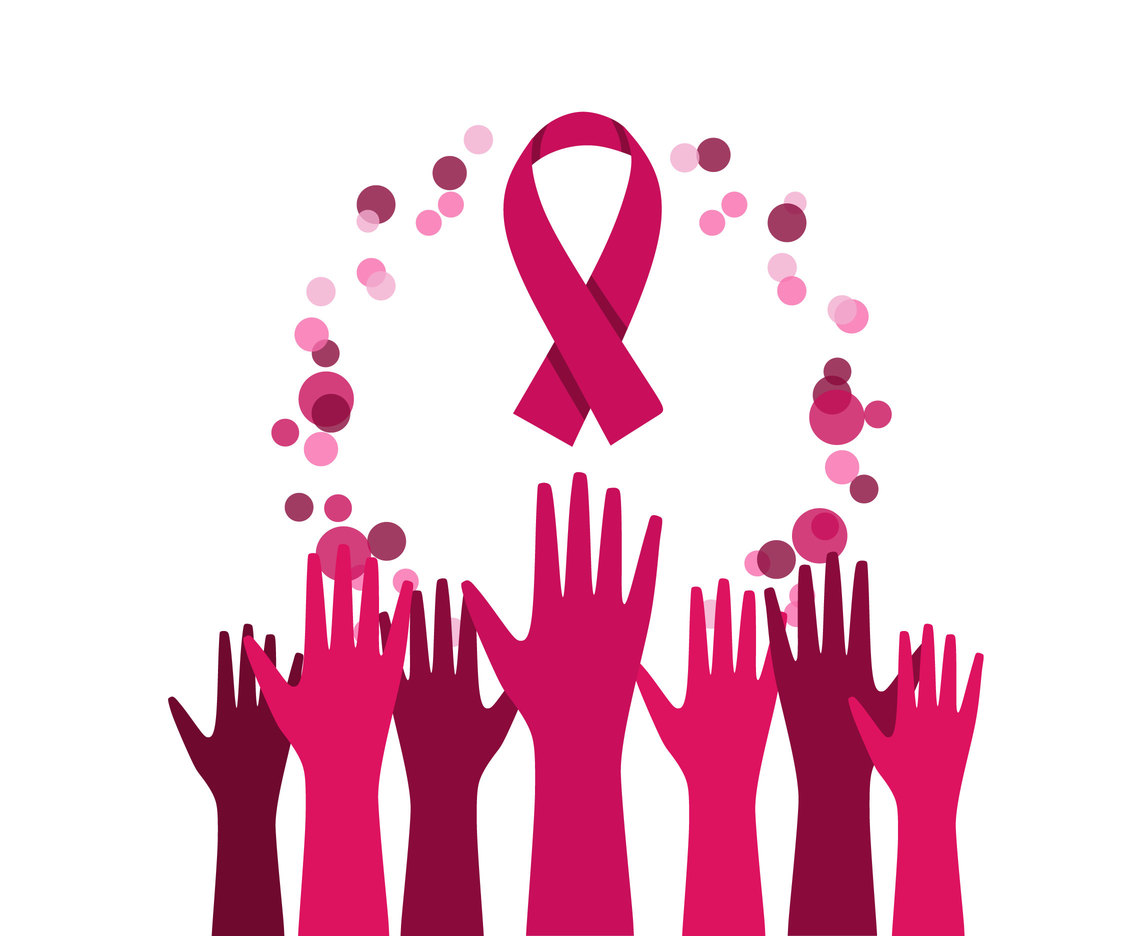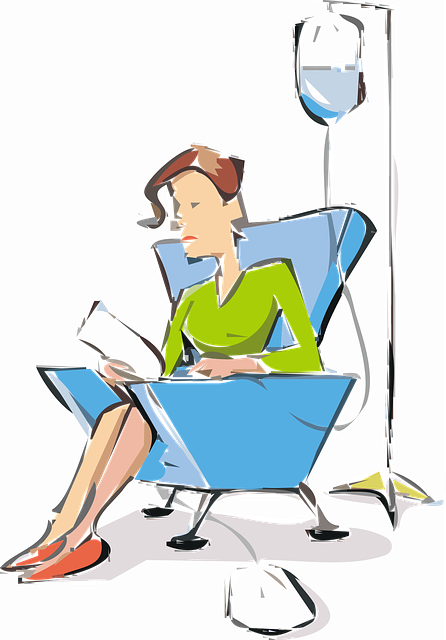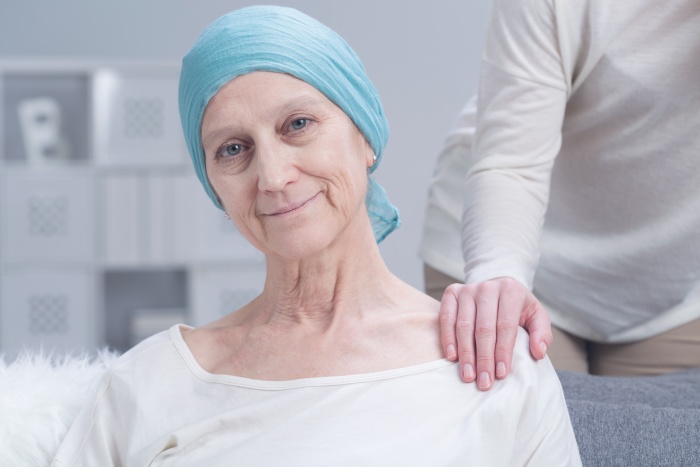Silver Years- Physical/Mental/Emotional Well Being

According to the Centers for Disease Control and Prevention (CDC), if proper health care measures are taken after 65 years of age ,one can live for an another 19.3 years.
According to Jeanne Wei, MD, PhD, executive director of the Reynolds Institute on Aging at the University of Arkansas for Medical Sciences in Little Rock, people who adopt healthy lifestyle choices, like quitting smoking and losing weight, can help you avoid age related health risks.
Here is a list of some diseases associated with old age:
1. Arthritis
According to CDC 49.7 percent of elderly suffer from arthritis. Elderly mostly suffer from painful condition called osteoarthritis, which is painful and limits mobility in elderly.
2. Heart Disease
Elderly with risk factors, such as high blood pressure and high cholesterol, that increase the chances of have a high tendency of developing cardiovascular diseases like stroke. Eating well balanced and frequent meals along with exercise can prevent elderly from the heart related disorders.
3. Cancer
As per the CDC reports, 28 percent of men and 21 percent of women over age 65 are living with cancer. Hence regular checkups like mammograms, colonoscopies, and skin checks can prevent different type of cancers.
4. Respiratory Diseases
CDC has reported that chronic lower respiratory diseases, such as chronic obstructive pulmonary disease (COPD), are the third most common cause of death among people 65 and older. Elderly suffer from chronic respiratory infections such as asthma, chronic bronchitis or emphysema. These problems can make elderly to easily fall for conditions like pneumonia. Early checks can prevent the pneumonia in elderly.
5. Alzheimer’s Disease
As per the Alzheimer’s Association, one in nine people age 65 and older, which is about 11 percent, have Alzheimer’s disease, but because diagnosis is challenging, it’s difficult to know exactly how many people are living with this chronic condition. Diagnosing this disease at an early stage can help to deal with it an early stage.
6. Osteoporosis
Osteoporosis is also an age-related problem in elderly, especially in women. Osteoporosis can contribute towards less mobility and a deranged stature in elderly.
7. Diabetes
According to CDC 25 percent of people ages 65 and older are living with diabetes. It is necessary to check for pre diabetes conditions and monitoring blood sugar levels can help to control the disease.
8. Influenza and Pneumonia
According to the CDC ,flu and pneumonia infections are among the top eight causes of death in people over age 65. Seniors are more vulnerable to these diseases and less able to fight them off. Vaccination can prevent elderly to fall for these infections .
9. Falls
As per the CDC repots, 2.5 million people ages 65 and older are treated in emergency departments because of falls. Elderly should walk carefully and should refrain from using slippery bath rooms.
10. Obesity
Obesity is an important senior health risk factor for heart disease, diabetes, and cancer. It also decreases the motility in elderly leading to various complications such as high blood pressure and atherosclerosis.
11. Depression
According to CDC many elderly suffer from depression. Support from friends and family and increased social interaction can prevent depression in elderly.
12. Oral Health
Oral health becomes compromised in elderly due to functional and physiological changes. Elderly are advised to visit dentist after every 6 months for a regular assessment. Dentures and oral rehabilitation measures are taken by the dentists to restore the dental health in elderly.
13. Shingles
According to the National Institutes of Health, one out of three people over 60 will get shingles. People who suffer from chicken pox in childhood uaually encounter shingles as they grow with age. A good immune system and good health status helps elderly to recover from shingles at a faster pace.
Sources:
https://www.britannica.com/science/old-age





